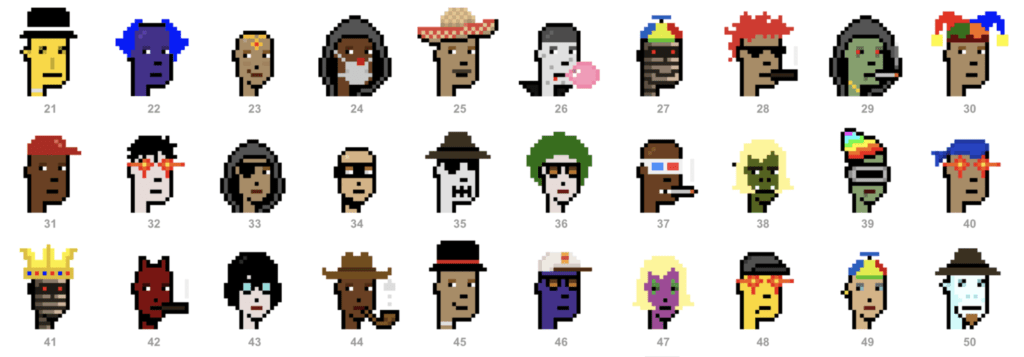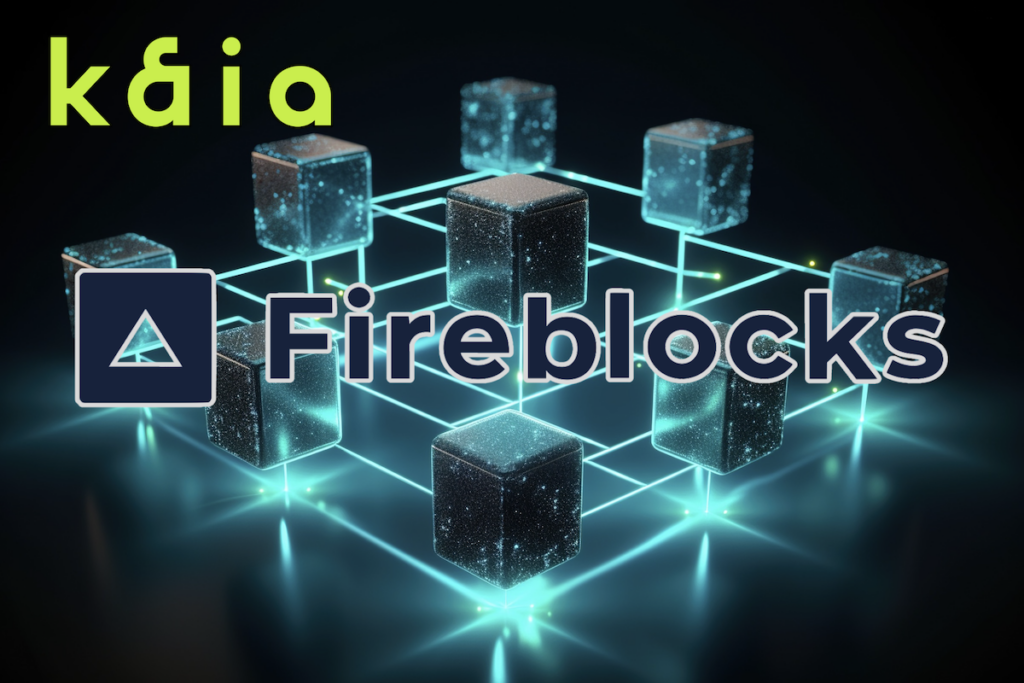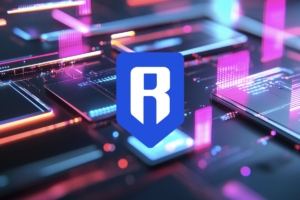Since the launch of Bitcoin NFTs, Ordinals, a new record of 44 million non-zero Bitcoin addresses has been set, according to the analytics platform Glassnode.
After launching on January 21, it’s the first time the Bitcoin network has been used for non-monetary purposes. This has driven an uptick in Bitcoin network usage, attracting new active users with a non-zero BTC balance.
This growth signifies a unique moment in Bitcoin’s history, as innovation is generating network activity without requiring a classical transfer of coin volume for monetary purposes.
The Ordinal protocol, enabled by the Taproot soft fork in November 2021, allows Bitcoin users to assign arbitrary content to satoshis, the smallest denomination of BTC.
This has led to over 78,400 unique Bitcoin-native NFTs and videos registered so far. Interestingly, the growth of Ordinals hasn’t led to a surge in network fees.
Each transaction is competing for block space, creating upward pressure on the fee market. However, since the launch, there hasn’t been any significant increase in Bitcoin transaction fees. In the same time period, the Bitcoin block size has increased from 1.5-2.0 MB to 3.0-3.5 MB.

What Exactly Are Ordinals?
Each Bitcoin can be divided into 100,000,000 units known as satoshis or sats. The Ordinals protocol allows individuals who operate Bitcoin nodes to add data to each sat, creating what is referred to as an Ordinal.
This data can include smart contracts, which enable the creation of NFTs. In other words, Ordinals are a type of NFT that can be directly minted onto the Bitcoin blockchain.
However, while there are similarities between NFTs and Ordinals, there are also some key differences to keep in mind. For example, while NFTs are unique digital assets that represent ownership of a specific item, an Ordinal is a piece of data that is tied to a specific satoshi. This can have a variety of use cases beyond just creating NFTs.
What’s The Reaction to Ordinals in the Bitcoin Space
Bitcoin maximalist Jason A. Williams, AKA Going Parabolic, is confident in the success of NFTs on Bitcoin. He has inscribed his Ethereum NFT “The Blonde Don” BAYC #1626 on Bitcoin, which is a statement of intent because he’s basically tagged it to a Satoshi.
The NFT community is moving to BTC, where Ordinals have brought true scarcity to collectibles.
— Jason A. Williams (@GoingParabolic) February 12, 2023
I forever inscribed “The Blonde Don” BAYC #1626 on the world's scarcest and most secure chain burning him off ETH forever using TeleBurn.
It's done. Over. Not coming back to ETH. pic.twitter.com/jmKpSSPybm
Bitcoin bull Dan Held, assert that Ordinals bring more financial use cases to Bitcoin. And co-creator of Stacks, Muneeb.btc claims all successful crypto experiments will eventually come to Bitcoin, as they’ll be more valuable, and he thinks Ordinals are just a start.
Not everyone is bullish on the idea, however. Prominent Bitcoiner, Blockstream CEO Adam Back has expressed his dislike for the Ordinals protocol, stating that it deviates from Bitcoin’s original purpose as a peer-to-peer electronic cash system.
The growth of Ordinals is unique and marks a significant milestone in Bitcoin’s evolution. It attracts new active users with a non-zero BTC balance beyond the typical investment and monetary transfer use cases, and whether Bitcoin maxis like it or not, they’re probably here to stay.
Author
-

Web3 ethical auditor with a drive to evaluate and promote responsible practices in the decentralized sphere.




